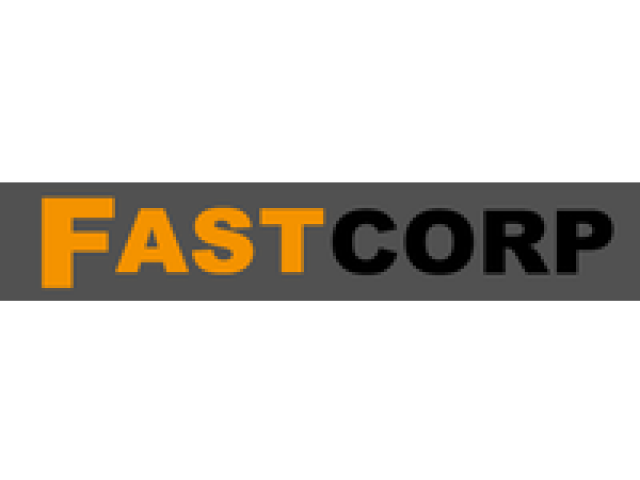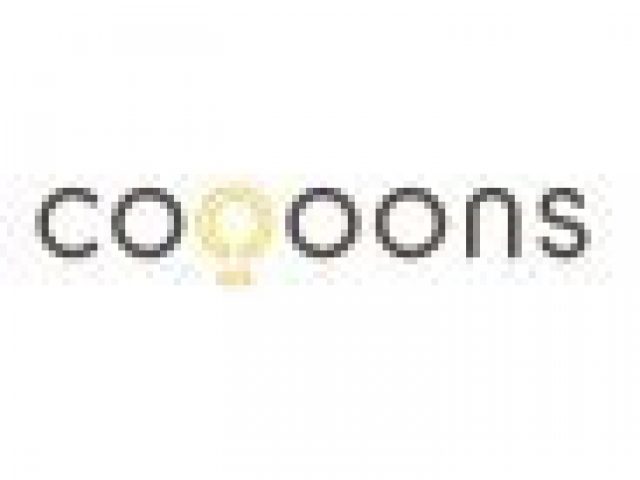The Competition & Consumer Commission of Singapore (CCCS), is set to enhance the competitiveness in Singapore. Singapore has many strict rules in regards to competition. It is an organization’s job to follow them, to avoid any trouble. The Act has three sections that establish competition. As explained below in further detail. The CCCS enforces the Act by taking action against any anti-competition activities.
Anti-Competitive Agreements
The anti-competitive agreements serve a purpose to prohibit any decisions that are anti-competitive. Many anti-competitive practices ae made by cartels. There are four types of agreements They include: price fixing, bid rigging, market sharing, and production control. Price fixing is the act to control prices on goods and services. They can fluctuate and trick the consumers. This does not have to be in written document to occur. The prices can be set verbally.
The Four types of agreements
Firstly, bid rigging is placing a certain amount of money on a good and claim a winner with the highest amount. Often times, cartels will switch the winners and claim new ones once the price is set higher. As a result, the winning party will be paying a much higher price on the good than just having a fair competition.
In the evet of market sharing, competitors divide up the market into specific segments. Ideally, focus on just the target audience in those markets. This makes it unfair for buyers as they will not be able to shop around for the best deals.
Lastly, we have production control. This means cartels produce few quantities of goods. As a result, they are able to raise prices at unreasonable prices. For cartels it is good that they are able to maximize their profits. On the other hand, consumers have to pay a high price for products that are not relatively available.
The Abuse of Dominance
Under this section, when one organization is dominating and has control of the market. There are two tests that can be conducted to decide if abuse of dominance has occurred.
Test One
Test one states if one of the following has occurred, it should be reported.
- An organization has a market share of 60% or above
- There is no way consumers can go to other competitors
- The consumers have no bargaining power
- New competitors find it difficult to enter due to high capital or barriers
Test Two
Test two suggests that if an organization is dominant then, are they abusing their power in the market. There is nothing wrong in being dominant but, if other organizations struggle to enter, there is a problem. Being abusive includes the following:
- Exclusive dealing– if the dominant organization parts only with businesses with itself
- Predatory pricing– when prices are set too low and drive other competitors out
- Discount schemes– offering deals with certain prices and services
- Refusal to supply– when the dominant organization holds key commodities from others
Anti-Competitive Merger
A merger is an agreement that ties two organizations into one new organization. Now in regards to a merger abusing, it has to fall under one of the categories:
- It has a market share of 40% or more
- It has a market share between 20-40 % in addition, the post-merger combined with the three largest mergers has a share of 70% or more
Conclusion
In Conclusion, competition plays a key role in any country. Having competition spurs business to develop, grow, and be innovative. In return, the economy benefits from abundant resources and productivity. As for the market, consumers can appreciate more choices, low prices, and more innovative products and services. For more information on CCCS click on one of the following links.
- https://www.cccs.gov.sg/legislation/competition-act
- https://www.cccs.gov.sg/anti-competitive-behaviour/abuse-of-dominance/how-do-i-recognise
To know if your business is protected or need further assistance to establish your organization go to https://www.incorporate.sg/ . For quick responses, leave your contact information to InCorporate. od





















